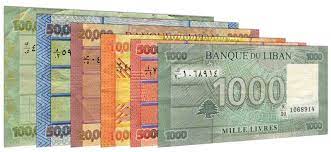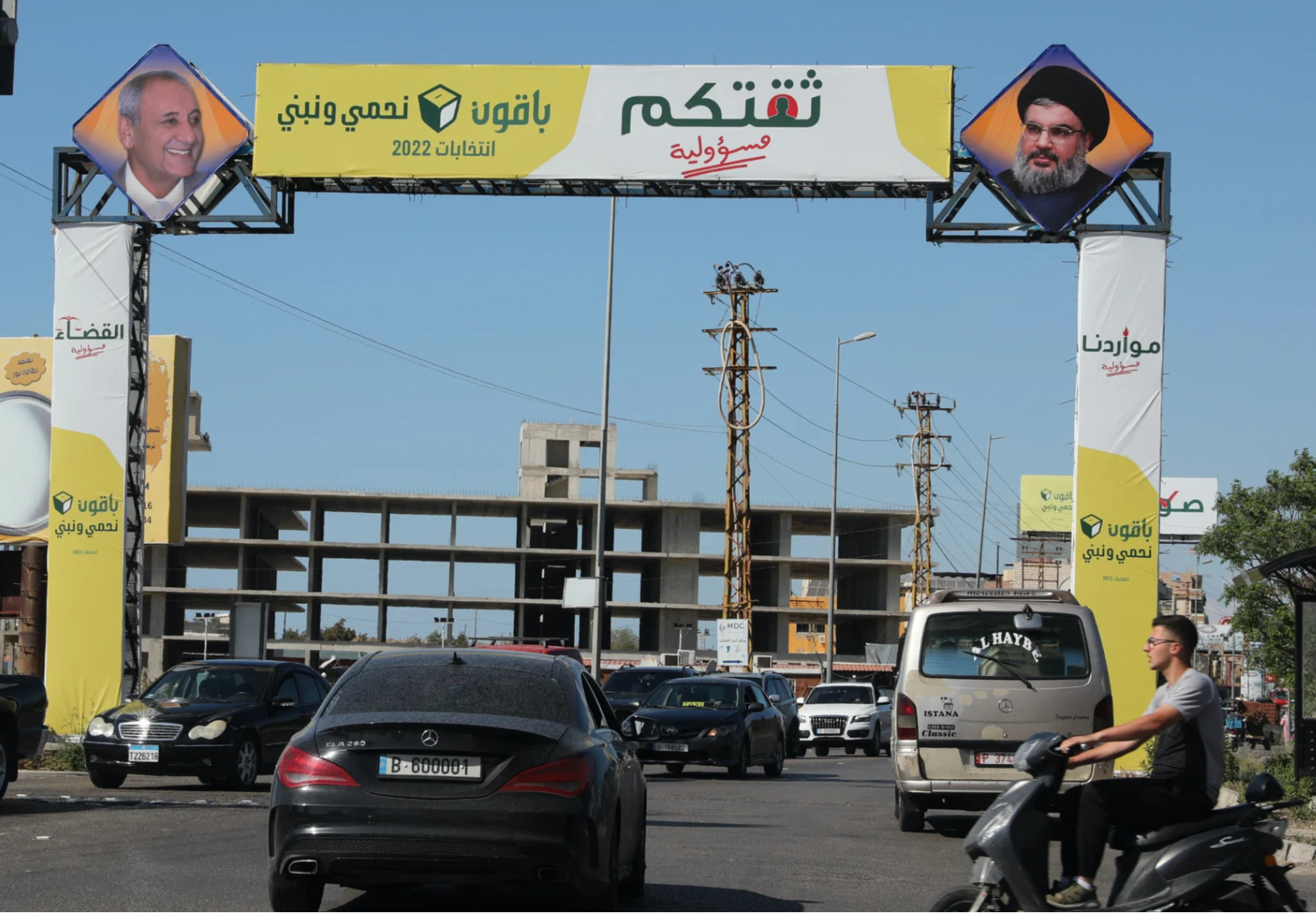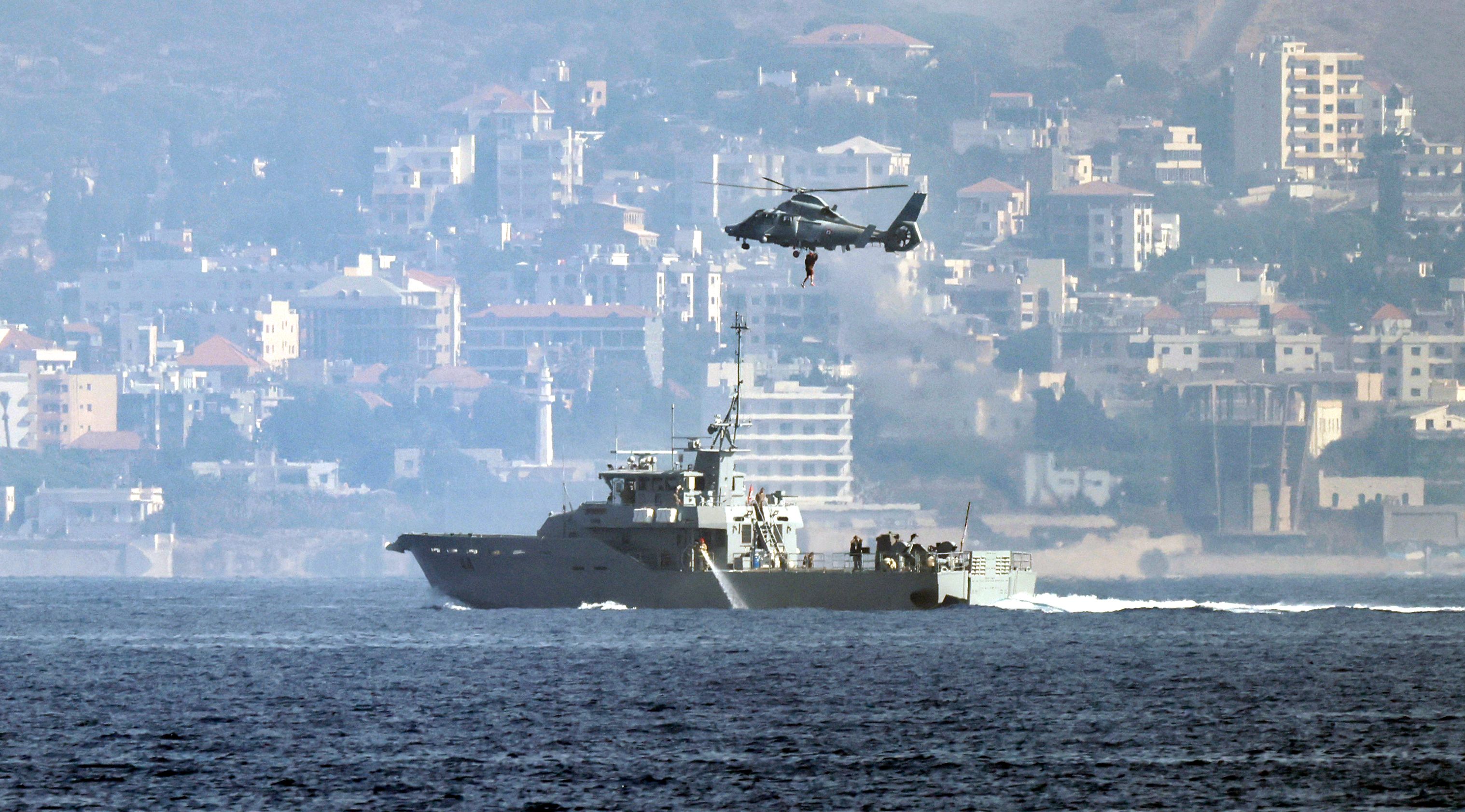
by Nada Homsi Beirut - thenationanlnews.com -- Ziad, a grizzled, cantankerous taxi driver of retirement age, was at the end of his rope on a Wednesday morning as he drove through the Beirut congestion. When he started his day, 73,000 Lebanese pounds made one US dollar. By mid-morning, the currency had devalued by an additional 4,000 pounds to the dollar. Meanwhile, petrol prices had gone up, and some stations stayed closed for the second day in a row, fearing market losses. Legally, consumers must pay for fuel in Lebanese pounds, also called the lira, but importers and petrol station owners must purchase it in dollars. With the lira plummeting against the dollar on a near-daily basis in recent weeks — in comparison to its usual steady but ambling descent — importers and sellers risk losing money. READ MORE Lebanese presidential candidate Michel Moawad on putting ego aside to prevent 'chaos' Lebanese protesters set fires and break windows at Beirut banks In other words, Ziad could not find anywhere to fill his tank. Even if he did, with taxi fares collected in Lebanese pounds that will inevitably devalue tomorrow, he could only afford a partial top up.
Adjusting to the currency's rapid decline has become a matter of routine for Lebanon’s residents, as they navigate the hardships caused by the economy's seemingly endless plunge. The small Mediterranean country — facing one of the worst economic crises in modern history — is on the brink of collapse. The cracks in the state’s facade have become chasms amid political power struggles. Ziad turned on the radio “to check on the exchange rate, God knows where it is now”. In Beirut, the newsreader announced, roads were being blocked by protesters decrying living conditions. In Tripoli, gunmen prowled the streets and fired into the air to force shops to shut as a form of protest against Leba
By Cate Chapman, Editor at LinkedIn News — Just how much is a person’s salary related to their cleverness? Well, smarts and …

arabnews.com -- DUBAI: Eighteen years ago this month, Rafik Hariri, a prominent politician and former prime minister of Lebanon, was assassinated by a suicide truck bomb in Beirut. Originally a philanthropist before his engagement in politics, Hariri, who had made his fortune in construction, donated millions of dollars to victims of war and conflict in Lebanon, and later played a major role in ending the civil war and rebuilding the capital city. Hariri’s assassination marked the beginning of dramatic political change and movements calling for democracy in Lebanon. For years after his assassination, politicians and important figures opposed to the influence of both Syria and Hezbollah in the country were targeted. Despite an international tribunal finding members of Hezbollah guilty of Hariri’s assassination after passionate calls for an investigation into his death, the Iran-backed militia group has only tightened its grip on Lebanon, keeping the country in a dire state. “Hariri was killed 18 years ago and it took about 15 years to destroy the whole country after everything he tried to build,” Lebanese economist Nadim Shehadi said on “Frankly Speaking,” the Arab News current affairs talk show which engages with leading policymakers and business leaders. “The Special Tribunal for Lebanon and the independent international investigation commission came to Lebanon, and it took them about 15 years to produce their result. And for the first time in the history of Lebanon, where we have had several assassinations, for the first time, we had a conviction,” Shehadi said.
But according to him, despite a conviction in Hariri’s case, Hezbollah’s influence over Lebanon means that the real perpetrators of the assassination will go unpunished, and the group will continue to hold the country hostage. Lebanon’s various political and economic crises have only intensified in recent years, with inflation in the country rising to the highest in the world in 2021 and the value of the Lebanese lira plummeting drastically. Last year witnessed a series of bank holdups by armed customers seeking to withdraw their frozen deposits. In a country whose capital was formerly referred to as the “Paris of the East,” two-thirds of the population now suffers from poverty, with regular electricity blackouts and shortages of basic necessities such as medicine and water increasingly commonplace.

By Najia Houssari -- Arabnews.com -- BEIRUT: The outlook for Lebanon’s Qana gas field project appears promising, caretaker Energy Minister Walid Fayyad said on Friday as authorities race against time to resume exploration work after demarcating the maritime borders with Israel in October. Fayyad visited the Janus 2 ship at Beirut port, brought by TotalEnergies and its partners Eni and QatarEnergy to complete environmental surveys of the offshore Block 9 in the exclusive economic zone in preparation for oil and gas exploration. “We expect positive results from the survey, but we must be realistic and await discovery,” Fayyad said. During the past few days, Israel announced the start of its commercial production in the Karish field. The Janus 2 has completed an eight-day mission during which it collected images of the seabed, and took samples of water and sediment. It also monitored marine life in the area, providing data for an environmental impact assessment study, an essential step before drilling under international and local law.
The Lebanese are pinning their hopes on a successful exploration that will unlock oil and gas reserves worth billions, helping to revive the country’s faltering economy. The local currency has lost over 120 percent of its value during the past three years. The pound fell to 82,000 to the dollar on Friday, a day after protesters attacked banks and blocked roads in a display of anger over the deteriorating economy and sharp rises in the price of essential items.
Khazen History


Historical Feature:
Churches and Monasteries of the Khazen family

St. Anthony of Padua Church in Ballouneh
Mar Abda Church in Bakaatit Kanaan
Saint Michael Church in Bkaatouta
Saint Therese Church in Qolayaat
Saint Simeon Stylites (مار سمعان العامودي) Church In Ajaltoun
Virgin Mary Church (سيدة المعونات) in Sheilé
Assumption of Mary Church in Ballouneh
1 - The sword of the Maronite Prince
2 - LES KHAZEN CONSULS DE FRANCE
3 - LES MARONITES & LES KHAZEN
4 - LES MAAN & LES KHAZEN
5 - ORIGINE DE LA FAMILLE
Population Movements to Keserwan - The Khazens and The Maans
ما جاء عن الثورة في المقاطعة الكسروانية
ثورة أهالي كسروان على المشايخ الخوازنة وأسبابها
Origins of the "Prince of Maronite" Title
Growing diversity: the Khazin sheiks and the clergy in the first decades of the 18th century
Historical Members:
Barbar Beik El Khazen [English]
Patriach Toubia Kaiss El Khazen(Biography & Life Part1 Part2) (Arabic)
Patriach Youssef Dargham El Khazen (Cont'd)
Cheikh Bishara Jafal El Khazen
Patriarch Youssef Raji El Khazen
The Martyrs Cheikh Philippe & Cheikh Farid El Khazen
Cheikh Nawfal El Khazen (Consul De France)
Cheikh Hossun El Khazen (Consul De France)
Cheikh Abou-Nawfal El Khazen (Consul De France)
Cheikh Francis Abee Nader & his son Yousef
Cheikh Abou-Kanso El Khazen (Consul De France)
Cheikh Abou Nader El Khazen
Cheikh Chafic El Khazen
Cheikh Keserwan El Khazen
Cheikh Serhal El Khazen [English]
Cheikh Rafiq El Khazen [English]
Cheikh Hanna El Khazen
Cheikha Arzi El Khazen
Marie El Khazen